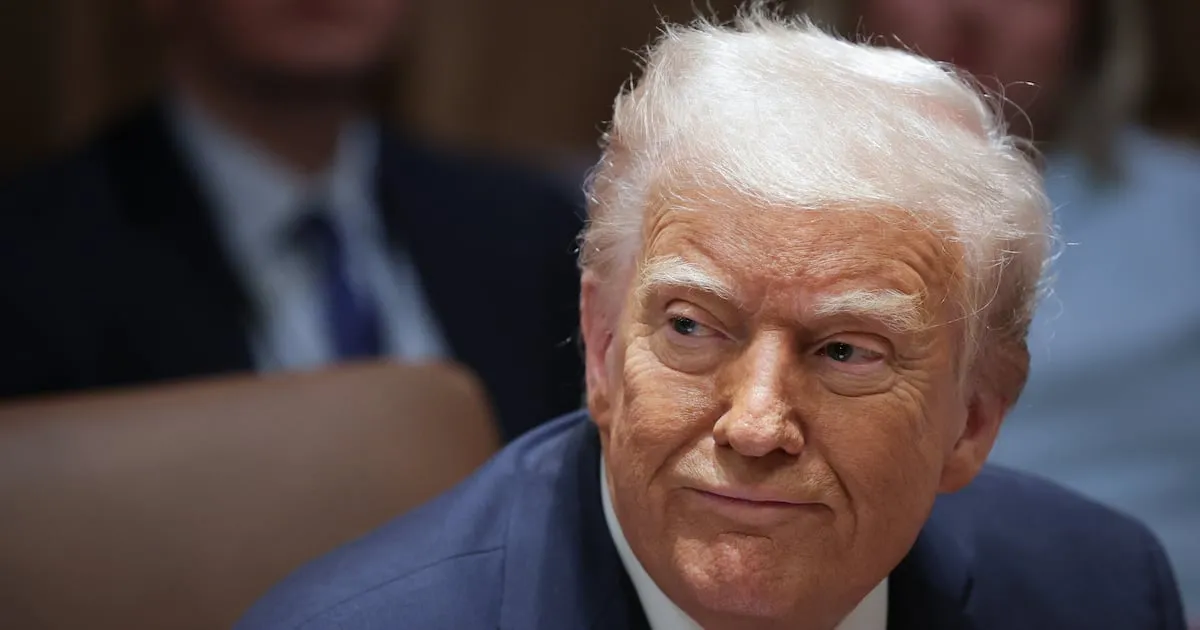
In a significant legal development, two federal judges have intervened to halt President Donald Trump's aggressive campaign against law firms that previously investigated him. On Friday, rulings were issued that block the executive orders Trump had enacted, which targeted the law firms Jenner & Block and WilmerHale. According to reports from The New York Times, these orders aimed to restrict the firms' lawyers from accessing federal buildings, participating in meetings, and securing federal jobs.
District Court Judge John Bates, who presided over the Jenner & Block case, described Trump's executive order as “disturbing” and “troubling.” Shortly after his ruling, District Court Judge Richard Leon issued a similar restraining order concerning WilmerHale. Trump's motivation for targeting these firms stems from their association with Robert Mueller, the special counsel responsible for investigating Trump's connections with Russia. While the judges have blocked the more punitive measures, they have allowed the Trump administration to revoke security clearances from lawyers affiliated with these firms.
In addition to the actions against Jenner & Block and WilmerHale, another law firm, Perkins Coie, has also emerged victorious in its legal battle against Trump. Recently, a judge ruled against Trump’s most severe sanctions aimed at Perkins Coie. Furthermore, the administration's attempt to disqualify Judge Beryl Howell—who they claim holds a bias against Trump—has been unsuccessful.
While some firms have faced off against Trump, others, such as Skadden, Arps, Slate, Meagher & Flom, have chosen to negotiate a settlement to avoid future conflict. This firm has agreed to undertake $100 million worth of pro bono legal work for Trump’s administration, a deal Trump himself characterized as “essentially a settlement.” Additionally, Skadden will provide fellowships to law school graduates who are involved in projects aligned with Trump's “Make America Great Again” (MAGA) agenda, while also discontinuing its initiatives focused on diversity, equity, and inclusion.
A representative from Skadden expressed optimism about their new partnership with Trump, stating that they look forward to a “productive relationship” with his administration. The firm emphasized that this outcome aligns with the best interests of its clients and personnel.
Similarly, the law firm Paul, Weiss, Rifkind, Wharton & Garrison opted for a compromise, agreeing to perform $40 million worth of pro bono work for Trump. Earlier this week, Trump boasted about the success of his strategy, claiming, “They’re all bending and saying, ‘Sir, thank you very much.’” He further added that firms were eager to comply, asking, “‘Where do I sign? Where do I sign?’”
This ongoing saga highlights the complex interplay between legal firms and political power, with many firms navigating the precarious landscape of Trump's administration through negotiations and settlements rather than direct confrontations.